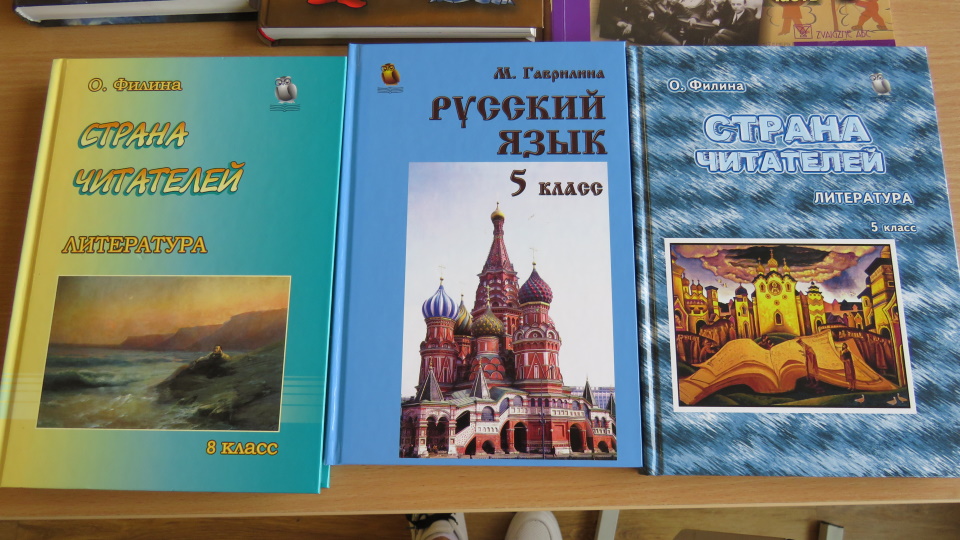This means that the Russian language will likely no longer be an option.
These changes, according to representatives of the Ministry, will contribute to the "full integration of young people into the European education area, contribute to the learning of official languages of the EU, which in turn opens up extensive employment opportunities within and outside the EU".
The first foreign language is taught from year 1. It must be one of the official languages of the EU, and the English language is most commonly chosen. The second foreign language starts in year 4, and it is unspecified which language must be taught. The choice shall be determined by the educational institution itself.
According to a survey of schools conducted in 2021, nearly half of Latvia's schools do not offer a choice – in more than 300 schools, only Russian is taught to pupils as a second foreign language.
At the moment, with a significant increase in demand for EU languages and also in the light of the decline in the importance and use of Russian, both the IZM and the National Educational Content Centre (VISC) receive many parents' requests to provide one of the EU languages in schools as a second foreign language.
In order to promote the learning of official languages of the EU, the IZM will develop amendments to the basic education standard, providing that all schools should provide one of the EU languages or a foreign language governed by intergovernmental agreements.
A transitional period of three years is planned to enable schools to provide of second foreign-language teachers, both by attracting new educators and by providing opportunities for existing educators to retrain and acquire the right to teach another subject. The Ministry has also launched talks with the University of Latvia to discuss issues regarding the training of foreign language teachers – though, with the critical lack of teachers in most subjects across Latvia, it is unclear where the new teachers would come from. Similarly, with most teachers working overtime, it is unlikely that many can take up another subject.
"The issue of providing a second foreign language in schools has been discussed with the President of Latvia, Egils Levits, emphasizing the need to promote and ensure the provision of one of the official languages of the European Union as a second foreign language in all our schools. This will enable young people and society as a whole to participate more effectively in the developments of the European cultural area. I am very pleased that this year will go into history with two very important decisions: the transition to teaching in Latvian only and the preparations launched to learn one of the official languages of the European Union in all schools as children of second foreign languages. This is the moment when we need to strengthen more than ever the basic value of Latvia – the official language and strong Latvia in the common family of the European Union,” said the Minister for Education and Science Anita Mužniece.





























